Grocery store Harris Teeter’s DC locations started implementing a receipt check at the door. Giant Foods recently banned duffel bags or those measuring more than 14 x 14 x 6 inches, which disqualifies most backpacks, in their stores. And Safeway instituted a glass barrier at self-checkout, requiring customers to scan their receipt before they can leave.
Shoplifting has become a major issue across the country. Retailers lost almost $100 billion to theft in 2021. These numbers are more than just a slip-a-candy-bar-into-your-pocket kind of theft. Most grocery stores attribute their loss to organized shoplifting, or “boosting.” People will steal goods and then sell them for cheaper.
“Items that are typically ‘boosted’ and then sold to stolen merchandise dealers (aka ‘fences’) are mostly health and beauty products, over-the-counter medications, and even food,” reported Jared Klickstein. He recounts his experience “working” just four hours a day and earning up to $350 in untaxed cash, allowing him to keep up his drug addiction, claiming that many boosters are drug addicts. Klickstein was boosting back in 2015, and with the disasters that accompanied Covid in 2020, defunding police departments especially, the boosting problem has only increased.
“Retail crime, violence and theft continue to impact the retail industry at unprecedented levels,” wrote the National Retail Federation in 2023. Things have not improved since then, especially in Washington DC.
While specific numbers on shoplifting alone are not tracked, overall theft has improved by 0 percent in DC since last year. Based on recent measures implemented by grocery stores across the District, and his wait time for razors at his local CVS, Cockburn deduces that the shoplifting problem has reached unmanageable levels.
These seemingly trivial changes at grocery stores tell of a deeper underlying issue pervasive in America and the world over. Alexis de Tocqueville wrote: “Although the travelers who have visited North America differ on a great number of points, they all agree in remarking that morals are far more strict there than elsewhere.” Cockburn laments that Tocqueville may no longer be right.
Charles Murray, in his book Coming Apart, analyzes the state of white America from 1960 to 2010. In the book, Murray explains through using “SuperZips” (essentially, areas populated by overeducated elitist snobs) how America has become economically fractured and culturally segregated. DC is full of these areas. At a Safeway location in Adams Morgan (a definite SuperZip) the Washington Post asked a forty-four-year-old woman what she thought of the newly installed gates. “It’s oppressive, dehumanizing, I could go on and on.”
And yet, as the Post noted, the same customers who are disgusted by shoplifters are also likely to be disturbed by the bag bans and gates. Some customers felt the added security measures were targeted at low-income, black and Hispanic people. Others reported the gates feeling dystopian and like a prison.
Perhaps these simple security measures are not just a result of poor American morals but, in tandem with the shoppers’ reactions to the measures, they add context to Murray’s economic division hypothesis.
The American dream, as Cockburn will tell you, is about getting ahead through hard work and making life better for yourself and your children. As the phrase goes: “It ain’t much, but it’s honest.” Today Cockburn has observed that most Americans tend to believe the opposite about elites. The “rich” seem to live by the motto: “It ain’t honest, but it’s much.”
Many resonated with Alexandria Ocasio-Cortez’s tweet in 2022: “It’s much easier to frame people who steal baby formula and medicine as monsters to be jailed than acknowledge our politics and economic priorities to create conditions where people steal baby formula to survive.” If big businesses and CEOs are supposedly profiting off of the sweat of other men’s brows, why shouldn’t honest workers steal right back?
What economic activists like AOC fail to realize is that it’s not Jean Valjean-type thieves doing the stealing: it’s more addicts and people who want to make an easy buck. The theft ends up inflating prices, making important items harder to access and negatively impacting society overall — especially low-income families. As Frederic Bastiat wisely observed, plunder by its very nature is easier than production. Until plunder becomes harder than production (by penalizing it through law) people will steal.
And Cockburn has a word or two more for the overeducated elitist snobs: security measures against theft are not “oppressive” or “dehumanizing” — if anything, the gates, receipt checks and bag bans are evidence of the elite’s lack of knowledge about the importance of the rule of law.



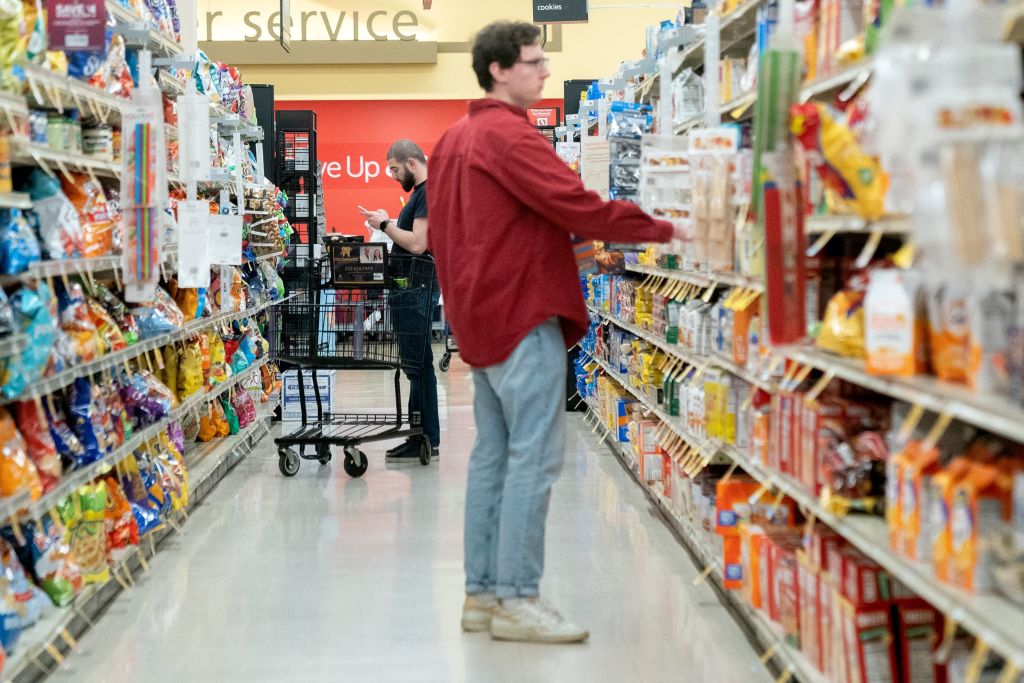






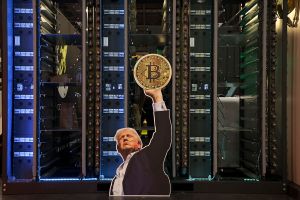
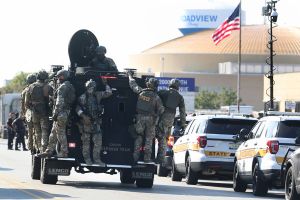

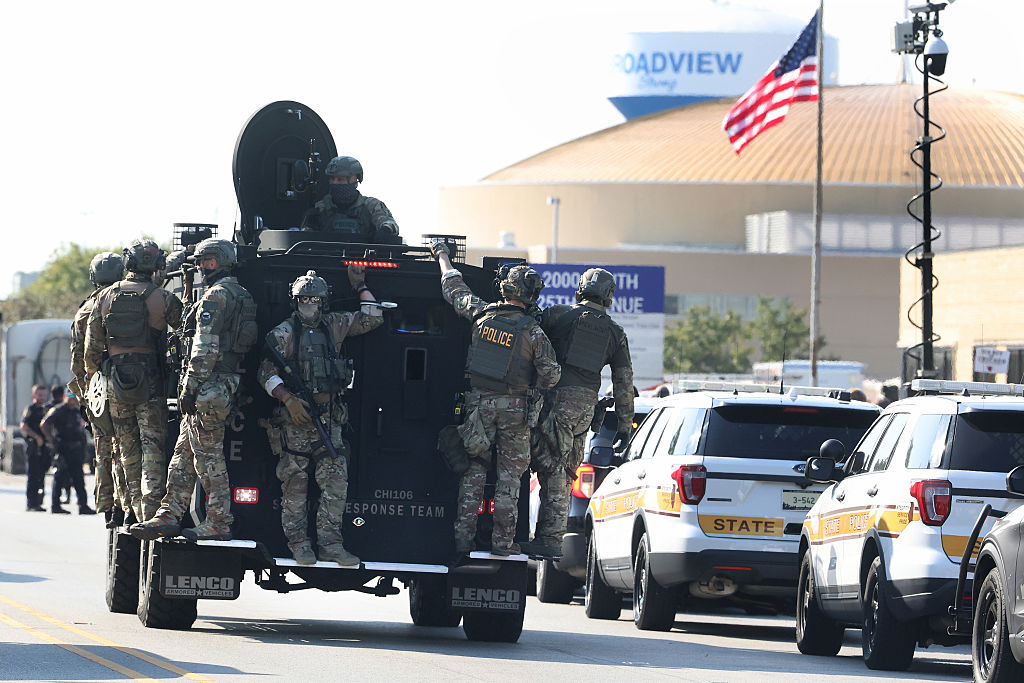

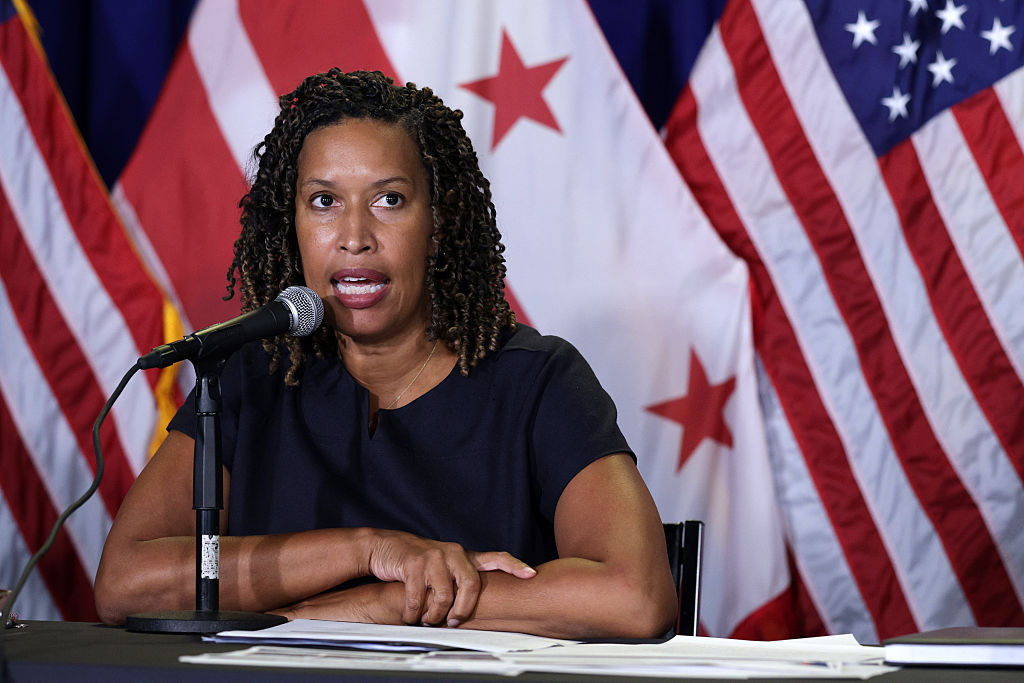
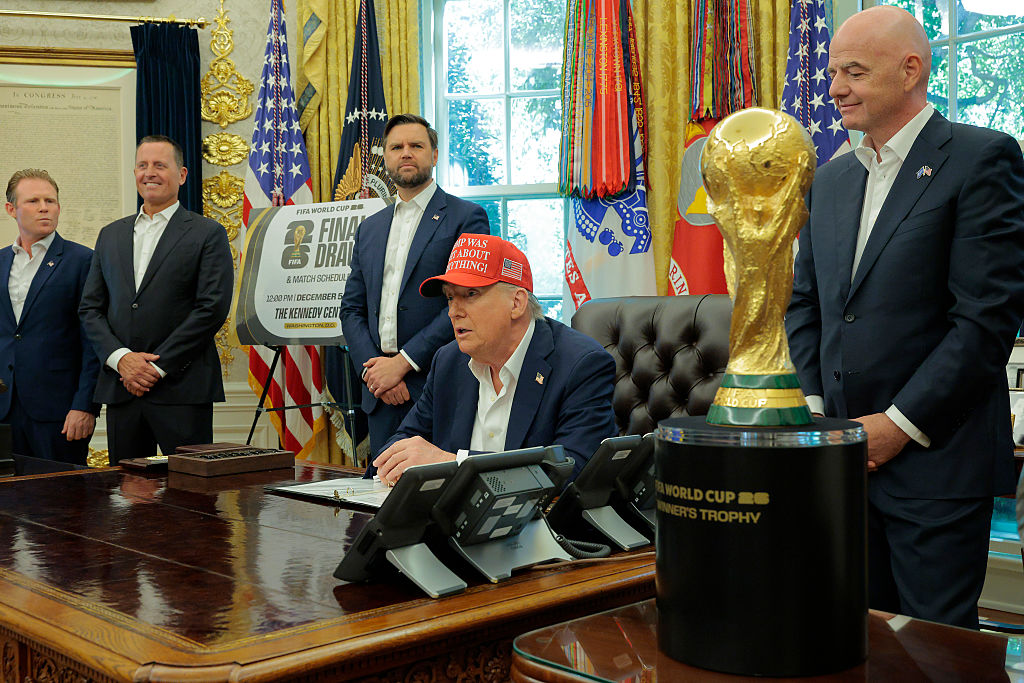
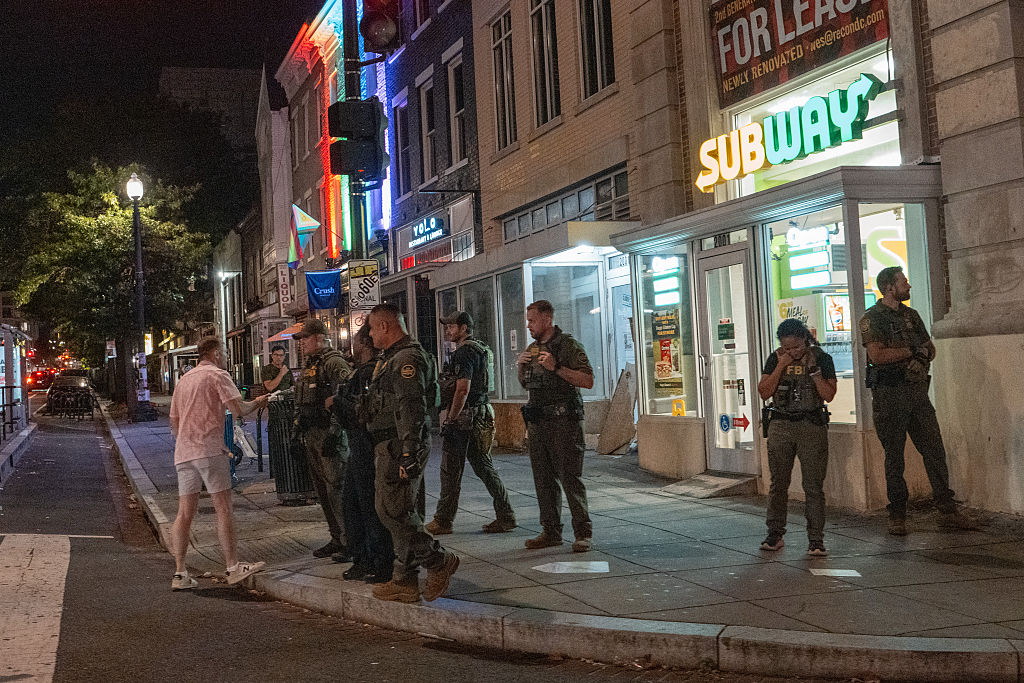
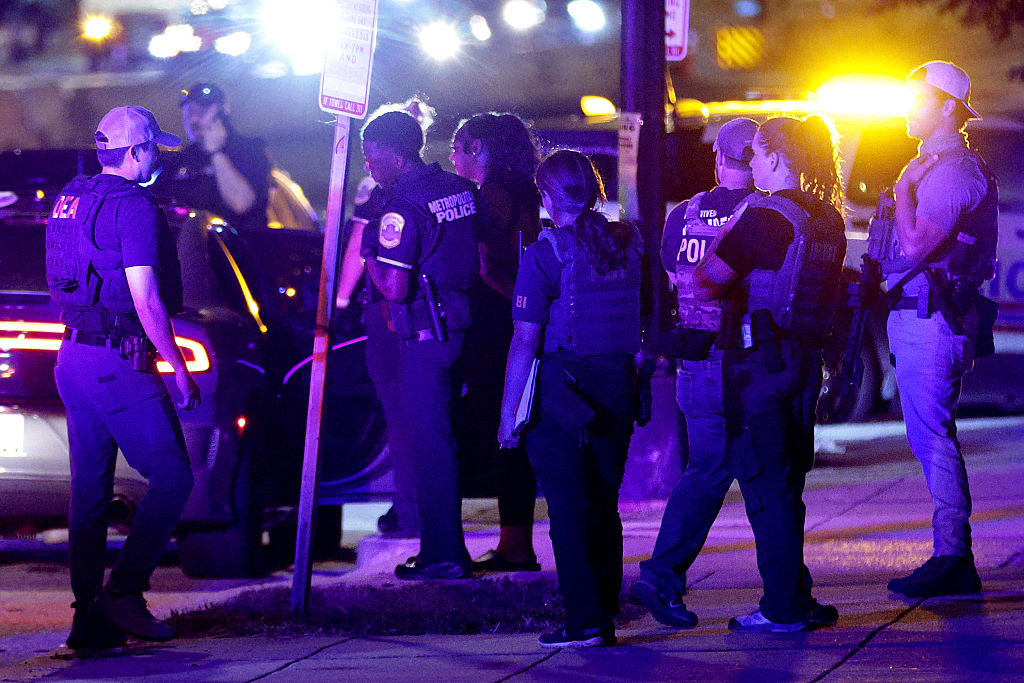







Leave a Reply